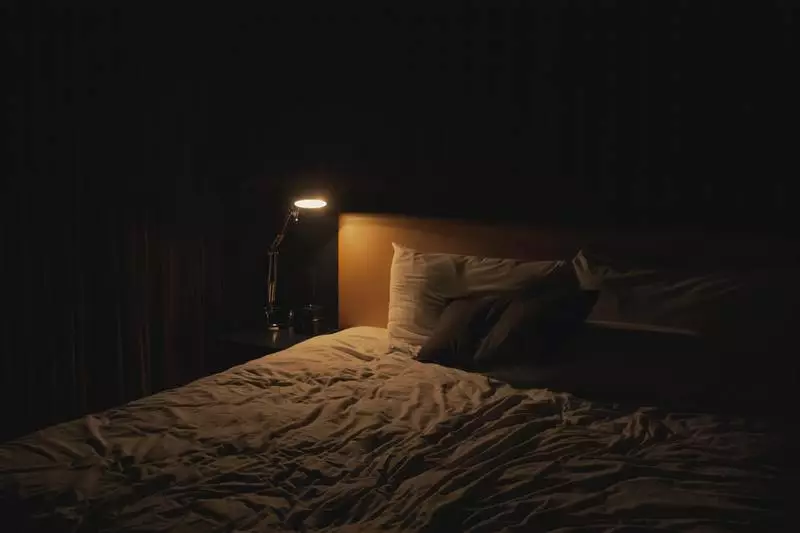Is bedwetting when drunk something that happens to you? It may not be something you want to think about or talk about to anyone else, but it is a very real occurrence that’s not uncommon. If you are struggling with controlling your body like this, it may also be an indication that you need help for addiction. Alcoholics wetting themselves is not often the only sign of a problem. Recognizing those signs can help you realize it is time to get help for addiction.
Why Is Bedwetting When Drunk a Thing?
Why do alcoholics wet the bed? Anyone can have nocturnal enuresis or nighttime bedwetting for various causes. One of the times that it tends to occur is when you are overindulging in alcohol. As a chemical, alcohol impacts the function of the body in many ways. One of those ways is making it harder for your bladder to hold your pee. Consider what happens.
Within the brain is an antidiuretic hormone (ADH). This hormone is produced by the brain and works to give the kidneys signals when they should stop producing so much urine. When this hormone is released into the bloodstream, the kidneys slow down urine production. This hormone is present as a way to prevent a person from dehydration. It works to help with hydration reserves.
However, alcohol works to suppress the production of ADH. As a result of that, there are higher levels of ADH in the bloodstream, which causes your body to produce more urine than it would otherwise.
But why does bedwetting when drunk happen? If you are intoxicated and there is a higher amount of ADH in the bloodstream, you compensate for that by going to the bathroom more often. Even those who are intoxicated are likely to do this. That means your body releases that extra urine and pressure, and there is no outward recognition of it. However, at night, that doesn’t happen.
Alcoholics wetting themselves during the day is possible, especially if they are very intoxicated. However, bedwetting at night occurs because the brain doesn’t wake up enough to get a person to go to the bathroom frequently enough. If you pass out after becoming intoxicated, then your bladder continues to fill up with urine, thanks to the overproduction of ADH. The result is that the bladder has to release that pressure, and you urinate, no matter where you are.
There are other reasons for this, such as alcohol irritating a muscle that controls the bladder. That means you may miss key signals to the brain that you need to use the restroom.
How to Stop Bed Wetting After Drinking Alcohol
What do you do when you want to stop bedwetting when drunk? The most important first step is to realize what is happening. You can reduce the risk of bedwetting by simply using the bathroom more often. There is no real way to eliminate the risk of uncontrolled urination, though.
Recognize the Risk of Addiction
Bedwetting when drunk could happen often. If it is happening to you quite often, that could mean you are struggling with not just intoxication but also addiction. Overindulging in alcohol consumption on a frequent basis like this could be one indication that you are developing a dependency. That means that the alcohol is changing the way your brain is functioning. You’re no longer just having a drink but needing to drink to feel normal or to get through the day. That’s a sign that it is time to get help. Here are a few other signs of addiction:
- You’re having a hard time controlling how much you are drinking. You may set out to drink just a few drinks, but you cannot control yourself.
- You are drinking more often than ever. You may even feel like you cannot stop drinking because you have cravings when you don’t have a drink available to you.
- You’re drinking at odd times. For example, you may want to have a drink first thing in the morning, or you are drinking at work.
- You feel the need to drink alcohol to deal with stress. For example, after a hard day, the first thing you want to do is have a drink because it will help ease your pain or calm your mind.
- When you don’t drink for a few days, you feel awful, including suffering from headaches and body aches.
In these situations, you may be suffering from addiction. Bedwetting is just one example of a symptom of addiction. When you see more of those symptoms happening, it may seem more important than ever to take action.
Contact a Treatment Center to Learn More
If you are facing addiction, know that you do not have to do so on your own. Reach out to a treatment center to learn more about addiction help.

